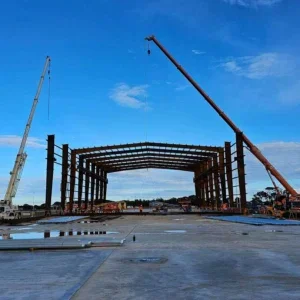On 26 April, Channel Tunnel operator, Eurotunnel, released its 2004 report, which showed a 7% drop in its core revenue earner, the cross Channel shuttle.
The 7% drop led to a reduction of 4% in its overall turnover, which Eurotunnel attributed to a declining passenger market and a price war. The company’s operating margin was reduced by 6%,although the operating profit was actually higher than previous, up 2%. Overall, for 2004, Eurotunnel posted a net loss of US$1.1bn following an impairment charge of US$753M. This reflects well considering the previous year showed a net loss of US$2.54bn.
Jacques Gounon, chairman of Eurotunnel’s joint board said: “The 2004 results are the continuation of previous years. The further reduction in total and in Shuttle Services revenue is the consequence of insufficient reaction to major evolutions in the cross-Channel market over the past few years.”
Earlier in the month, the company had secured a debt waiver with its creditors that would allow it to re-negotiate its US$11.7bn debt without triggering a default. The waiver had been approved by 87% of the creditors, with no votes against it said the tunnel operator. If it had not obtained the waiver, then restructuring its debt could have been considered a debt default, allowing the banks to take control of the tunnel. A year after Eurotunnel’s predominantly French shareholders ousted its British led board, Gounon said obtaining the waiver allowed them to “at last begin negotiations with our creditors”.
The company is pinning its hopes on “Project DARE”, a recovery plan that should start to bear fruit this year, with full benefits becoming apparent by 2006.







